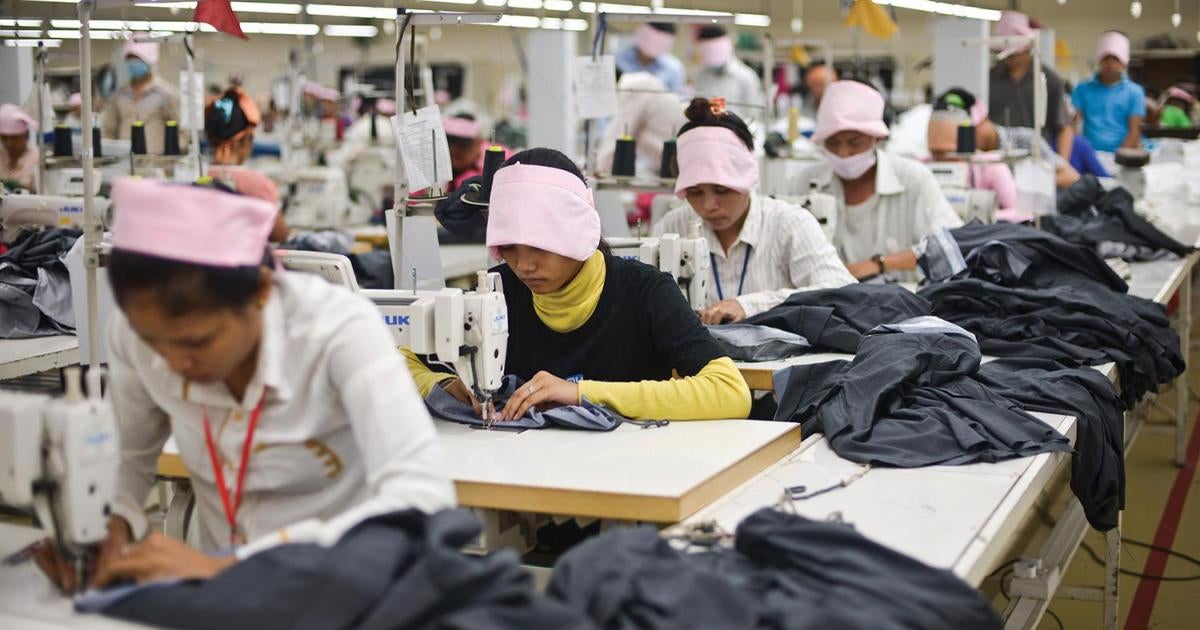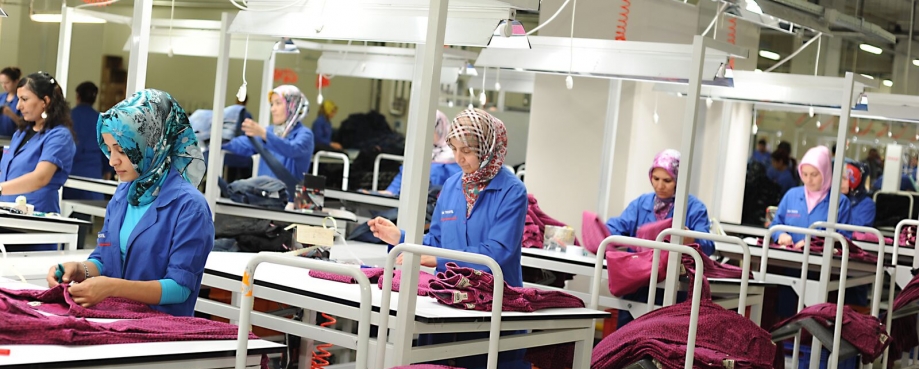A Decade After The Rana Plaza Disaster, Global Clothing Companies Owe More To Bangladeshi Garment Workers

As we reflect on the tenth anniversary of Rana Plaza, the most important reform going forward will be to fix the broken partnership between suppliers and buyers and to build a more responsible system for global outsourcing.
As we reflect on the tenth anniversary of Rana Plaza, the most important reform going forward will be to fix the broken partnership between suppliers and buyers and to build a more responsible system for global outsourcing.
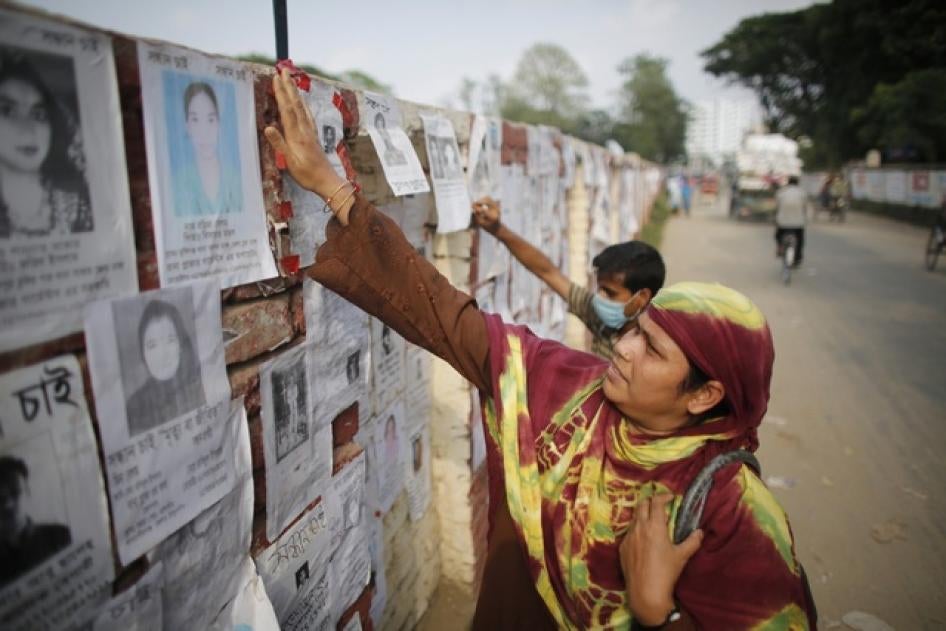
The April 24 Ritual – Rana Plaza's Unfinished Legacy
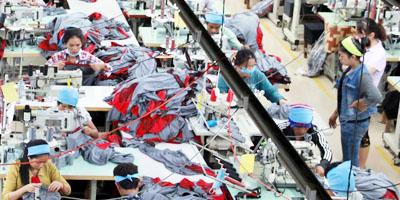
Five years after disaster – worker health and safety in the Bangladesh clothing industry - The Upstream Journal

142 Weekend reads – we must educate ourselves about Wet Bulb Temperatures - The Digital Conversationalist

Aklima Yesmin, PHRi™ على LinkedIn: A Decade After The Rana Plaza Disaster, Global Clothing Companies Owe More…

Opinion, Michael Posner
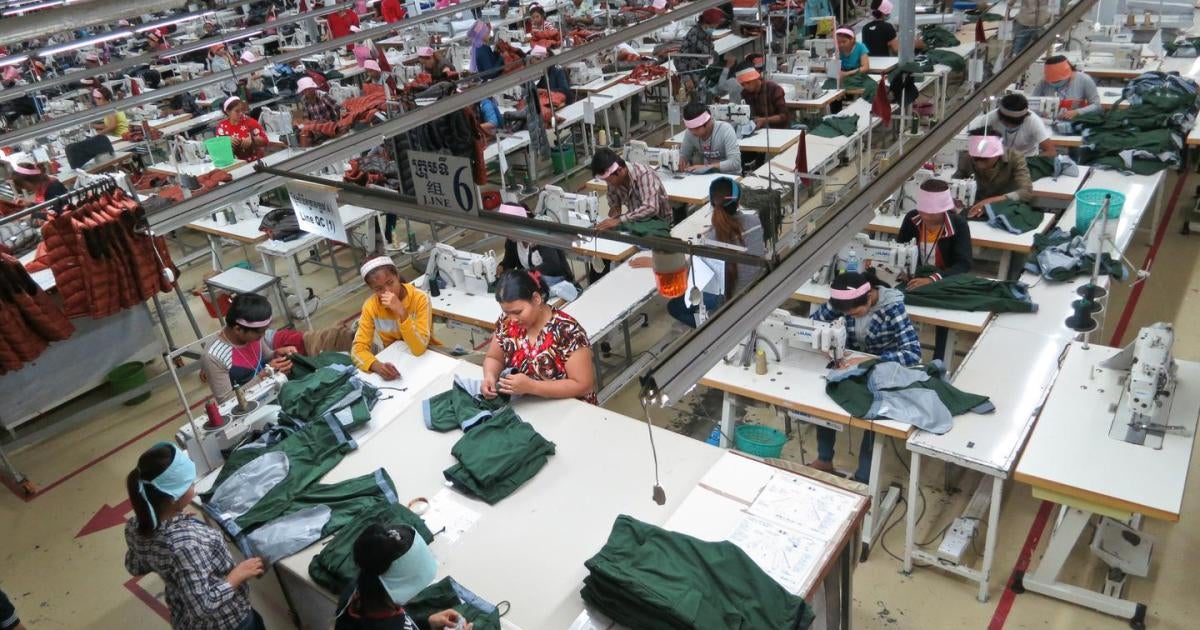
When Clothing Labels Are a Matter of Life or Death

Clean Clothes Campaign on LinkedIn: Workers of the Sumithra Hasalaka factory have been on strike for one…

M Jahirul Quayum on LinkedIn: Ten years since Rana Plaza tragedy what are the lessons learnt? Have we…
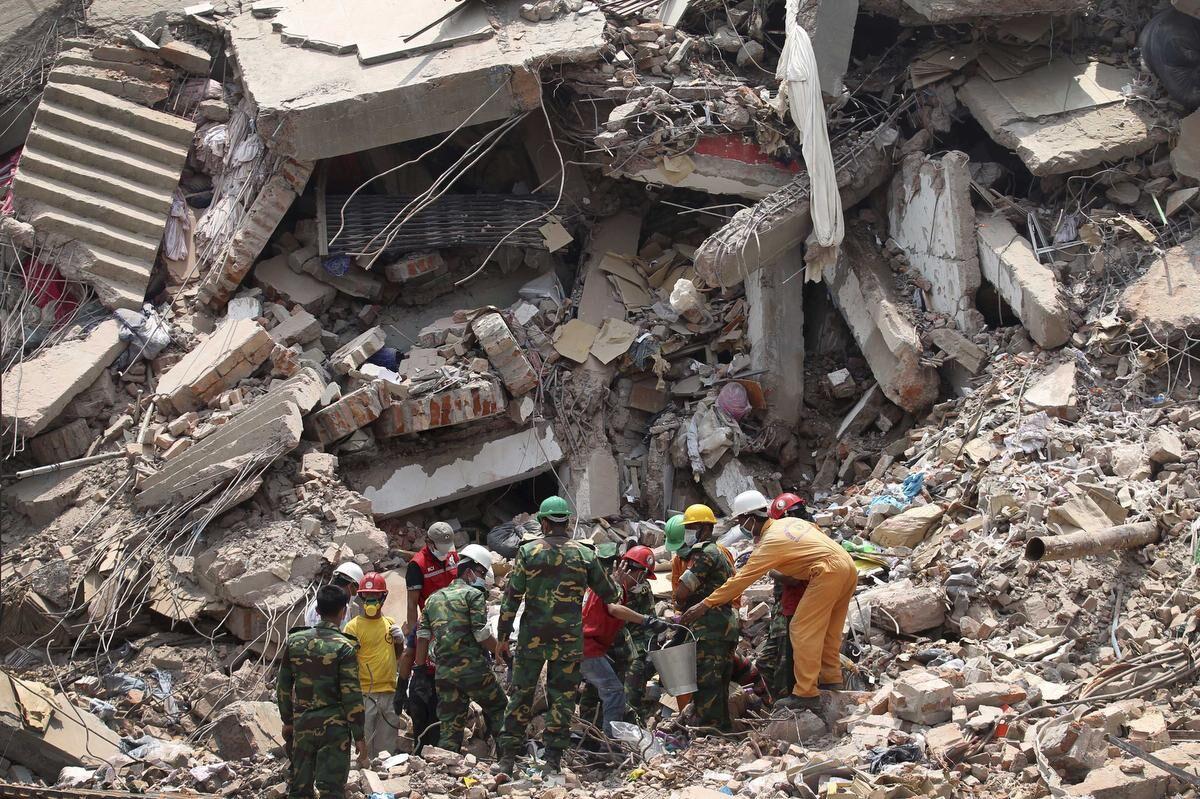
A court will decide: what does Loblaw owe the workers who died making its clothes in Bangladesh?

Md. Habibullah Junayat on LinkedIn: A Decade After The Rana Plaza Disaster, Global Clothing Companies Owe More…
From the Ashes of Rana Plaza: 'Consumers Are More Aware and Want to Know How Their Clothes Are Made' - Top World News Today

M Jahirul Quayum on LinkedIn: Why does Bangladesh tax so little?

Rana Plaza 10 years on: UK high street brands continue to abuse cheap labour in Bangladesh, say workers
